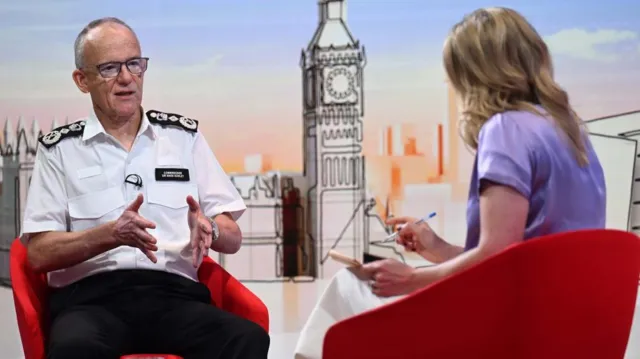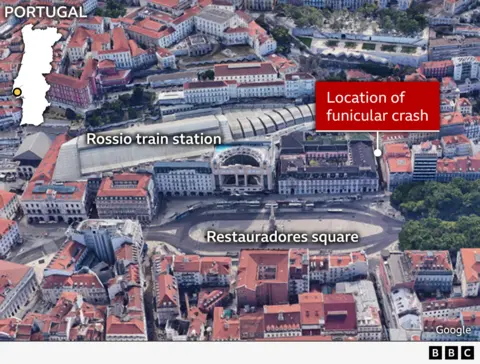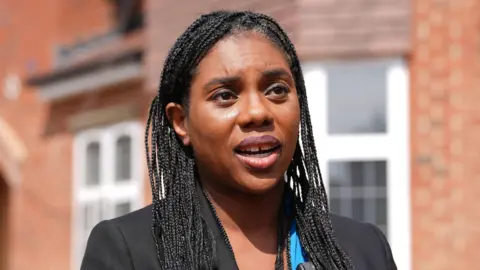Football Clubs Should Fund Policing: Met Police Chief
Met Police Chief Advocates for Football Clubs to Contribute to Policing Costs
The head of the Metropolitan Police, Commissioner Sir Mark Rowley, has proposed a significant shift in how football match policing is funded, suggesting that football clubs should bear a portion of the substantial costs involved. In an interview with the BBC, Sir Mark argued for a “polluter pays” approach, questioning the current system where event organizers do not contribute to the security and policing expenses required to manage their events.

Currently, the UK spends approximately £70 million annually on policing football matches, with the majority of this expenditure attributed to Premier League games. Sir Mark highlighted that this significant financial burden is often borne by local communities, whose policing resources are diverted to manage these high-profile sporting events. This raises questions about fairness and resource allocation, especially when other large-scale events often have their security costs covered by the organizers.
Sir Mark’s remarks come at a time when police forces across England and Wales are facing increasing demand and stretched funding. While the recent Spending Review announced a 2.3% annual funding increase for policing, many forces have deemed this increase insufficient to meet their operational needs. The Commissioner believes that implementing radical reforms, including reducing the number of police forces from 43 to a more streamlined 12 to 15, could lead to more efficient use of available resources and better alignment with modern policing challenges.
The proposal for football clubs to contribute to policing costs is not entirely new. Similar suggestions have been made previously, drawing criticism from sports bodies. Concerns have been raised that such a move could negatively impact event accessibility by leading to increased ticket prices for fans and potentially jeopardizing the viability of major sporting events.
The current structure of 43 police forces, established in the 1960s, is increasingly viewed as outdated and ill-suited to address contemporary threats. Sir Mark advocates for larger, more consolidated forces that can better leverage technology and collaborate effectively. He pointed to the inefficiencies and costs associated with current multi-force collaborations, suggesting that a streamlined structure could eliminate significant waste and improve the overall effectiveness of policing.
Addressing the challenges of policing in an era of constrained budgets, Sir Mark emphasized the necessity of making the most of every allocated pound. He acknowledged the difficult decisions police forces face in prioritizing certain crimes due to funding limitations. However, he affirmed the commitment of the Metropolitan Police to enhance the daily experiences of Londoners by maintaining a sharp focus on core police work. The proposed reforms are seen as essential to ensure that policing remains effective and responsive to the evolving needs of public safety.



Post Comment